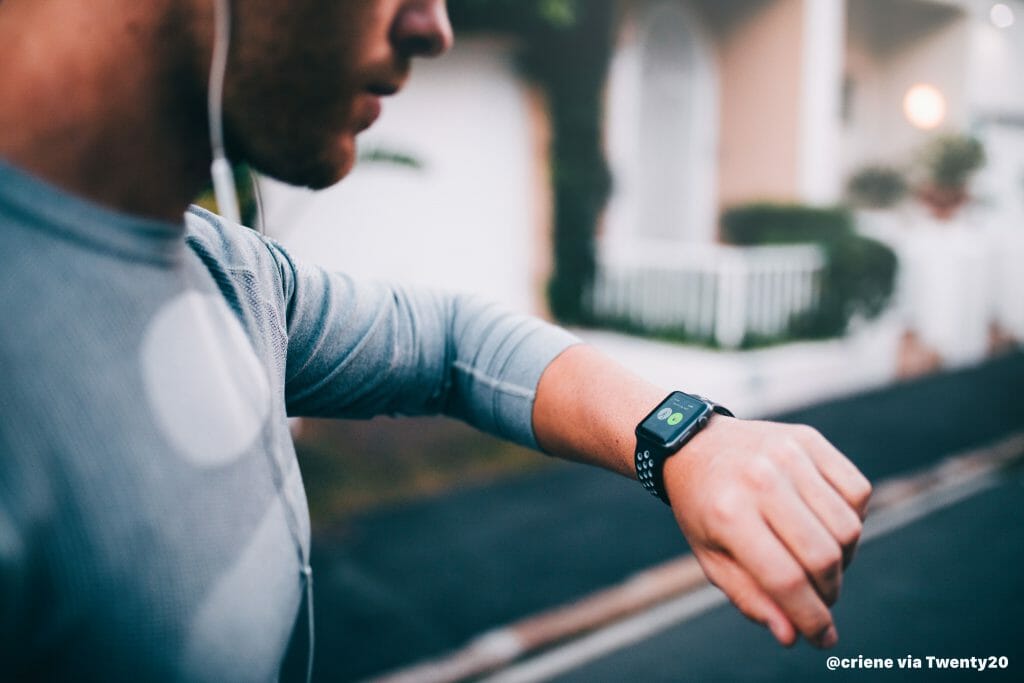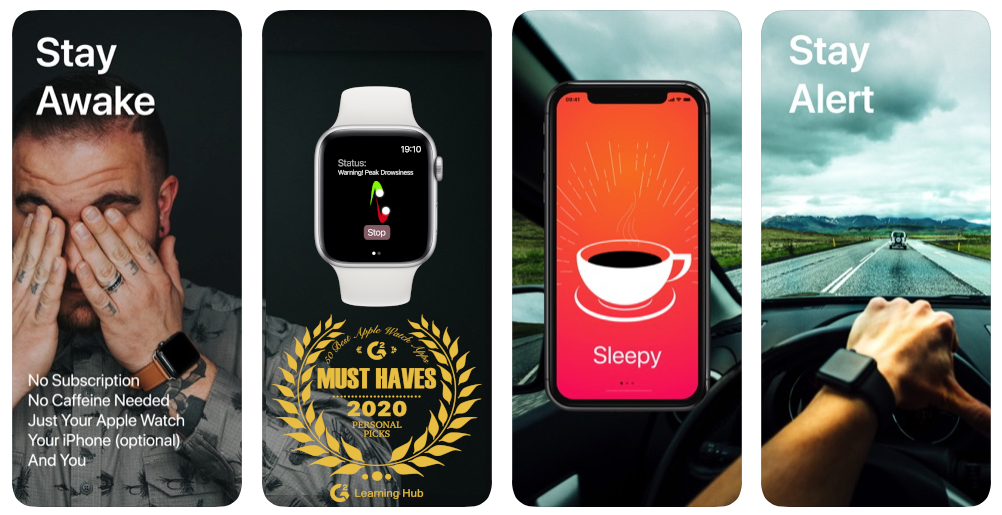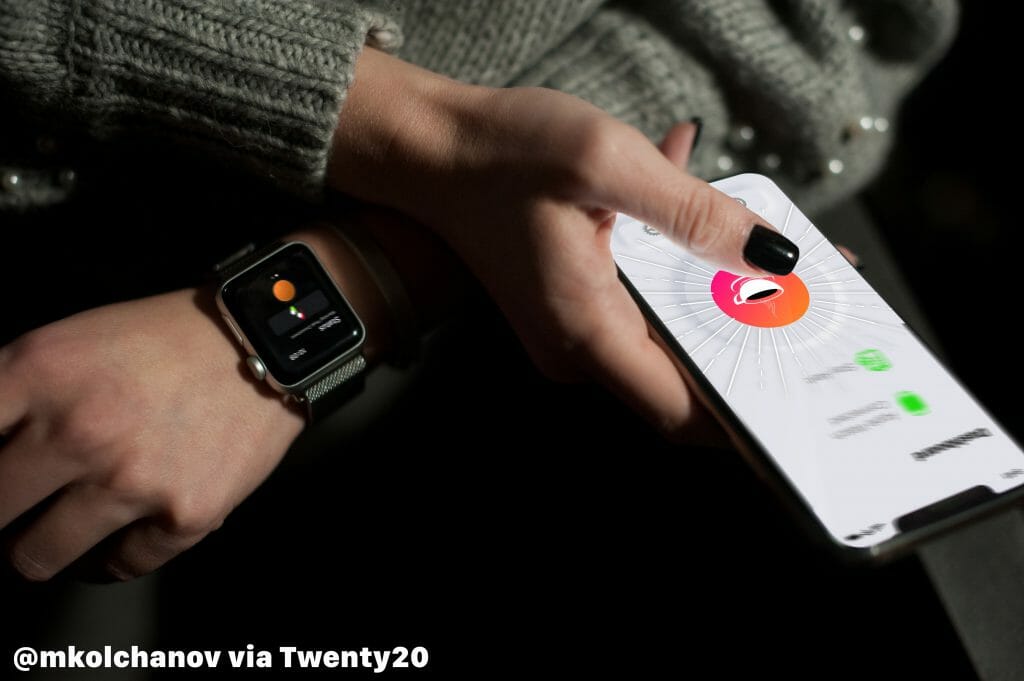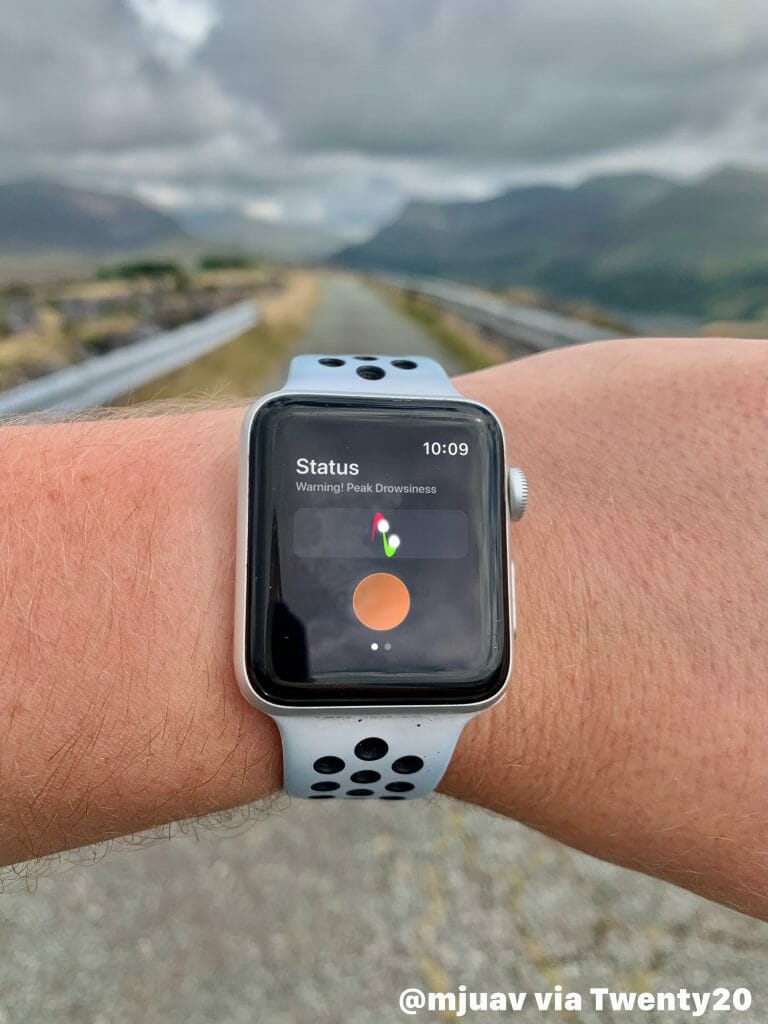Time, Technology and Your Tiredness
People want to get something out of their time and their lives. It is all about getting a lot done, and to be done with it so that one can move on to something else…
Know When to Stop
Stay Alert, Stay Focused
To me, one of the weirdest things that we experience is time. Whenever I’m bored or doing something that I don’t want to (like being in a pointless meeting, or stuck in an uninteresting class at school), time seems to move extremely slow, and I’m amazed how five minutes can feel like thirty.
In contrast, when I’m really engaged in what I’m doing time flies. I lose track of time and feel disappointed when it’s time to stop, and again find myself amazed that two hours have past when they only felt like twenty minutes!
I’ve read lots of books and endless online videos about this phenomena, and ultimately they all tend to agree that time is subjective, fair enough. But what about how we are affected by our subjective experiences of time passing?
Something that I’ve noticed in myself, is that the feeling of tiredness is always there, it’s just felt at different stages. When I’m bored I usually feel sleepy and find it difficult to focus on what is being said or the task that needs to be completed. When I’m fully engrossed in a task or presentation, I feel full of energy and feel like I can keep going without stopping, but soon after I finish it feels like everything is moving in slow motion and I suddenly notice how drained I feel.
So what is going on?
No Time
People want to get something out of their time and their lives. It is all about getting a lot done, and to be done with it so that one can move on to something else…
Widerberg, K. (2006). Embodying Modern Times. Time & Society, 15(1), 105-120.
The constant reorganisation of workplaces (now an unquestioned norm of a modern organisation) implies that we are in a state of change all the time. The goal of efficiency means, without exception, an increase of intensity at work. In short, more has to be done in less time.
It is an unfortunate fact of life these days that there is an increasing expectation for us to perform at ever increasing levels of productivity. Very few of us have a standard work or study week. This unpredictability makes it difficult for us to effectively plan the amount of time that we spend working or studying.
Even with having the ability to work from home, we may find that we actually spend more time working than we would have if we were in the office (although, I prefer working from home). Wherever we work or study, many of us can find that we are unable to switch off completely and as a result find it difficult to relax and be fully engaged in our own lives.
Whether our professions allow us to work remotely or not, our work loads are increasing and we can feel that we don’t have enough time to get things done. The pressure to perform can keep us fully engaged whilst working or studying without us realising that we are wearing ourselves down.
The early signs of our increasing tiredness include feeling irritated and finding it increasingly difficult to concentrate whilst at work, and feeling burnt out but unable to get adequate rest when at home.
Unable to Stop
“I like the job, it is self-developing and the technical development has its way. Everybody has mobile phones, home computers, and Internet, and that goes for me as well. This increased activity is what we live for, it is our daily bread and it has its costs. When I come home my work day is not over. I do notice that it wears you down, especially when you have not had a holiday for some time”.
Widerberg, K. (2006). Embodying Modern Times. /Time & Society,/ /15(1),/ 105-120.
Our inability to switch off after working or studying is worrying. Without being able to completely switch off we set ourselves at more risk of suffering from various health issues, one of which is inadequate sleep.
Unfortunately, it is difficult for us to notice when we are worn down, a situation which is made increasingly difficult to acknowledge due to the normalisation of overworking.
When it is normal to have too much to do, it is likely that it is also normal to be tired and worn out, and to have bodily symptoms. Aches in the back, neck, head, stomach, and joints, and sleeping problems seem to have become too common to be worth talking about. That is just the way it is, it seems, for all of us.
Widerberg, K. (2006). Embodying Modern Times. Time & Society, 15(1), 105-120.
This is a worrying situation to be in as most of us don’t realise the dangers that we are volunteering ourselves for. Jagdish Khubchandani and James H. Price in their article “Short Sleep Duration in Working American Adults, 2010 – 2018” highlight that sleep problems aren’t acknowledged as a major health concern and explain the associated mental and physical illnesses that we can expect if this issue isn’t addressed (see below):
- Loss of productivity
- Premature mortality
- Increased risk of type-2 diabetes
- Strokes
- Hypertension risks
- Increased risk of coronary heart disease
- Anxiety
- Alcohol abuse
- Workplace absenteeism
- Presenteeism (low work performance)
- Unstable moods
- And suicidal ideation
Time and Technology
Knowing that it so easy to lose track of time and have a sense of how tired we actually are is easy, but what can we do about it?
Improving sleep hygiene goes a long way to help correct a lot of the issues, and some of the steps that you can take to help yourself are:
- Go to bed and wake up at the same time daily. This helps your body’s circadian rhythm adjust to your sleeping routine.
- Get between seven to eight hours of good quality sleep. Both quality and quantity are important to help you feel refreshed and rested when you wake up.
- Exercise regularly. It helps with improving your health and helps improve the quality of your sleep.
- Get outside more and get plenty of bright daylight.
- Avoid caffeine, alcohol and tobacco as they reduce the quality of your sleep.
The things that you can do to help yourself whilst working/studying are:
- Take regular breaks whilst working. Use the Pomodoro technique (or any other productivity process) to help set specific blocks of time for you to work. Once the block is complete, take a five to ten minute break, then start again. Working this way helps to keep you focused and reduces the risk of you working whilst tired.
- Work no more than forty hours a week. Organise your work so that you can have enough rest when you’ve finished working for the day without having to continuously work long hours.
- Use technology to help you keep alert. Our Apple Watch app, V-CAF Stay Awake Stay Alert, helps you keep track of your tiredness by notifying you when your tiredness increases. Using it whilst working will help to let you know when your body says it needs to take a break, helping you to be more efficient and productive.
- After finishing work, go for a walk before coming home. It can help to de-stress you and help you relax and switch off from thinking about what you did that day, and how you’re going to deal with tomorrow.
Decide what your priorities are. If your health is important to you then take the necessary measures that you need to, to protect yourself. Same goes for your family and work life. Make a list of what is important to your quality of life and stick to it as best you can.
Review
Ultimately what I’m saying in this post is to make time for yourself. It’s easy for me to tell you not to obsess over work/studying and to take it in your stride, but I know it isn’t easy to do at all.
Whether you find yourself getting bored and that makes you tired, or you overwork and don’t realise how tired you are, be aware of what your body is telling you and step back when you need to.
Afterword
“If someone asks you how to write your name, would you bark out each letter? And if they get angry, would you then return the anger? Wouldn’t you rather gently spell out each letter for them? So then, remember in life that your duties are the sum of individual acts. Pay attention to each of these as you do your duty . . . just methodically complete your task.”
Marcus Aurelius , Meditations, 6.26, source: A Stoic Guide To Workplace Peace Of Mind
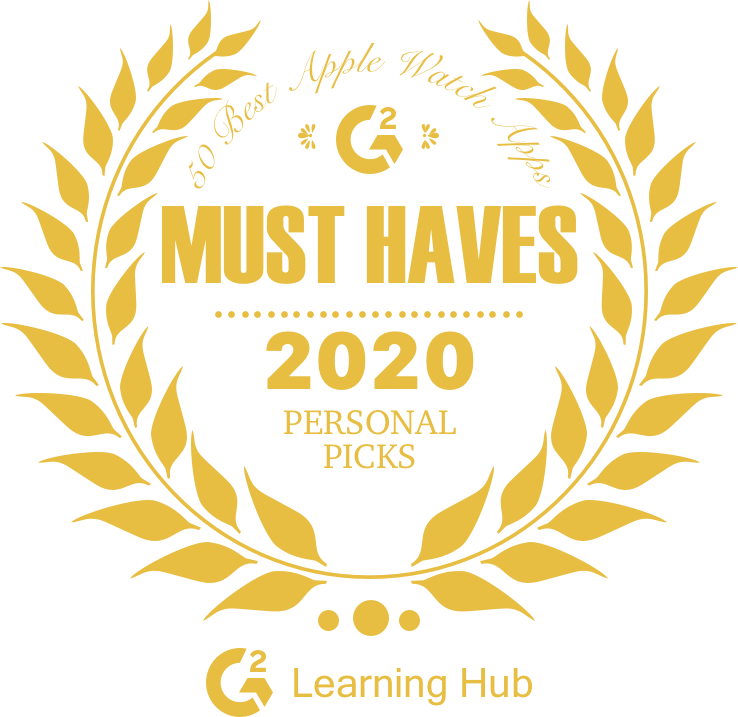
Now available on the App Store, download it now!
